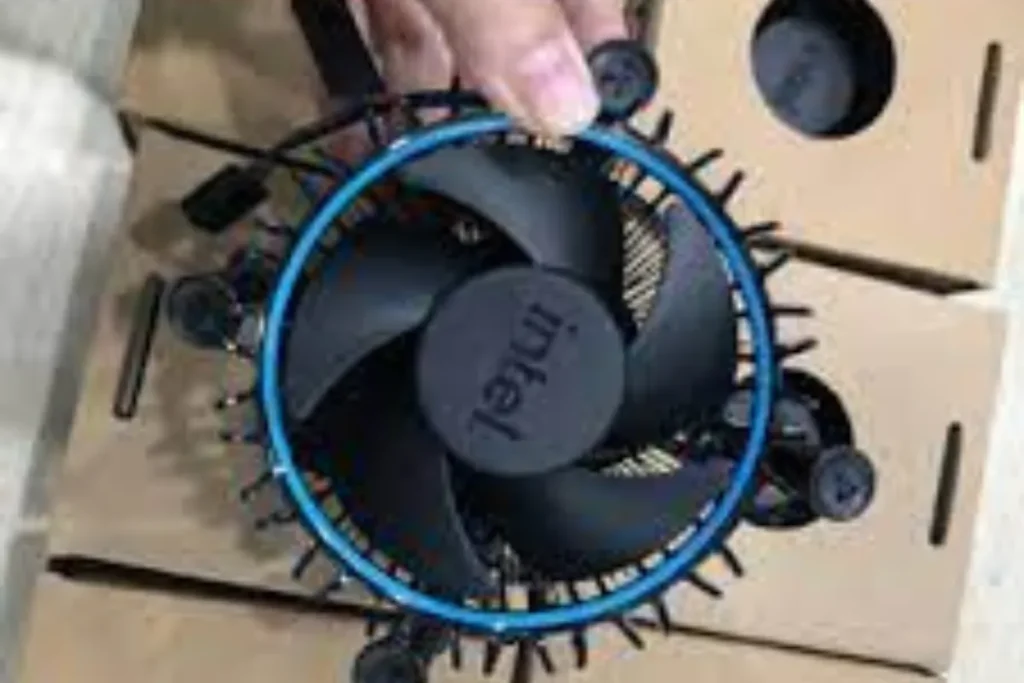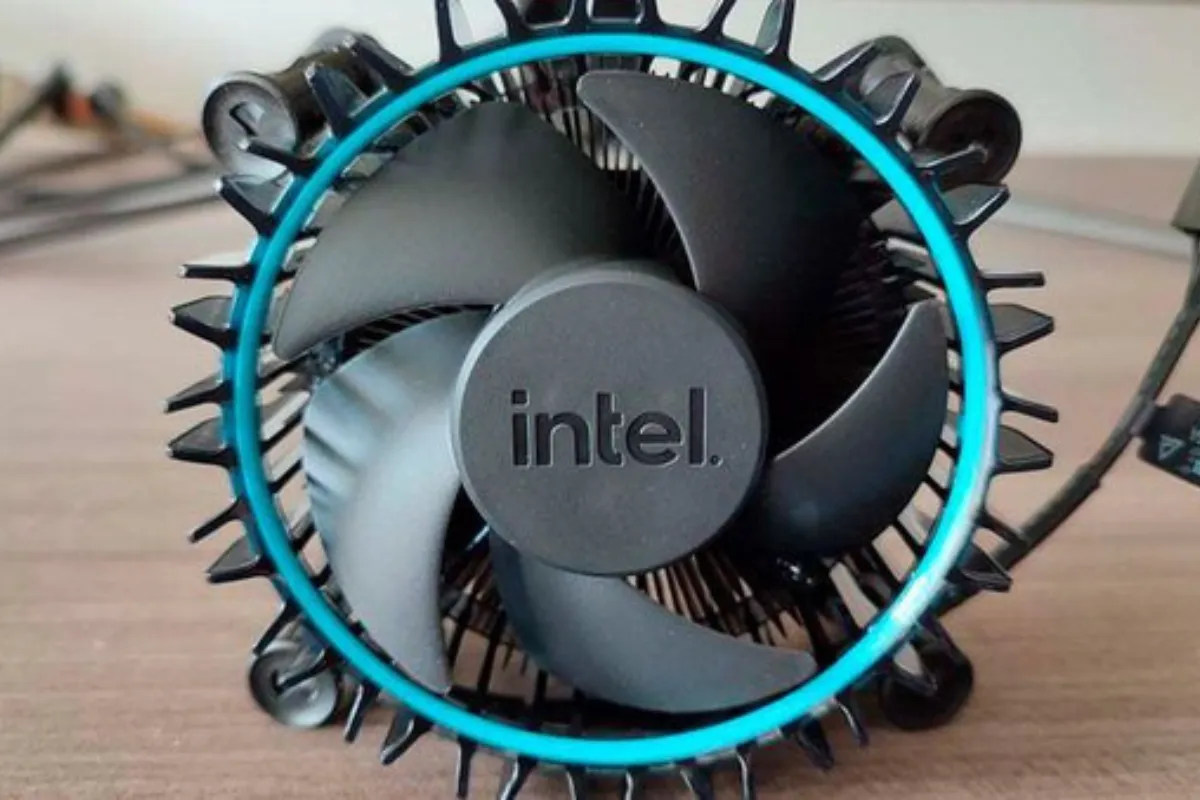What is a stock cooler?
Are you curious about what a stock cooler is and why it matters for your computer? Look no further! In this blog post, we’ll dive into the world of stock coolers, those nifty cooling systems that come bundled with your computer’s hardware. We’ll explore how they work, and their benefits, and even discuss whether it’s worth upgrading to aftermarket options.
The Benefits of Stock Coolers
When it comes to cooling your computer system, stock coolers offer several advantages that make them a popular choice for many users. Let’s explore the benefits of using stock coolers and why they might be the right option for you.
Cost-Effectiveness and Hardware Compatibility
One of the biggest advantages of stock coolers is their cost-effectiveness. Since they come bundled with your computer’s hardware, you don’t need to spend extra money on purchasing a separate cooling solution. This makes stock coolers an affordable option, especially for those on a budget.
Another benefit is their compatibility with specific hardware. Stock coolers are specifically designed to work seamlessly with the corresponding components, such as CPUs or GPUs. This ensures optimal performance and compatibility without the need for any additional adjustments or modifications.
Reliability and Ease of Installation
Stock coolers are known for their reliability. They are manufactured by reputable companies and undergo rigorous testing to ensure they can handle the cooling needs of the associated hardware. This reliability provides peace of mind, knowing that your computer components are protected from overheating.
Additionally, stock coolers are designed with ease of installation in mind. They often come with pre-applied thermal paste and clear instructions, making the installation process straightforward, even for beginners or casual users. This eliminates the need for any complex setup or technical expertise.
Limitations of Stock Coolers
While stock coolers have their advantages, it’s important to be aware of their limitations as well. Understanding these limitations can help you make an informed decision when it comes to cooling your computer system effectively.
Limited Cooling Capacity Compared to Aftermarket Coolers
One of the main limitations of stock coolers is their limited cooling capacity. Stock coolers are designed to provide adequate cooling for regular usage scenarios.
However, if you engage in heavy tasks like gaming or overclocking your components, stock coolers may struggle to dissipate the increased heat efficiently. This can lead to higher temperatures, potentially affecting your system’s performance and longevity.
Potential Noise Issues and Impact on System Performance
Another limitation to consider is the potential noise generated by stock coolers. Due to their compact size and limited cooling capacity, stock coolers often need to run at higher fan speeds to maintain acceptable temperatures.
This can result in increased noise levels, which might be bothersome for some users, especially those who prefer quieter computing environments. Additionally, the increased fan speed can impact overall system performance by consuming more power and potentially causing thermal throttling in certain situations.
It’s worth noting that the extent of these limitations can vary depending on the specific stock cooler model and the demands placed on your computer system. If you find that your stock cooler is struggling to keep up with cooling requirements or generating excessive noise, it might be worth considering an upgrade to an aftermarket cooler that offers higher cooling capacity and quieter operation.
Upgrading from Stock Coolers

While stock coolers can be sufficient for basic cooling needs, there are several compelling reasons why users might consider upgrading to aftermarket coolers. Let’s explore these reasons and some popular aftermarket cooler options that can elevate your cooling performance to the next level.
Better Cooling Performance for Overclocking
One of the primary reasons to upgrade from stock coolers is to achieve better cooling performance, especially for overclocking purposes. Overclocking involves pushing your computer’s components beyond their factory-set limits to extract additional performance. However, this increased performance generates more heat, requiring a more robust cooling solution. Aftermarket coolers are specifically designed to handle the extra heat generated during overclocking, keeping your components at lower temperatures and maintaining stability.
Recommendations for Popular Aftermarket Cooler Options
When it comes to aftermarket coolers, there are numerous options available to suit various needs and budgets. Here are a few popular choices:
- Noctua NH-D15: This air cooler is known for its exceptional cooling performance and low noise levels. It features a dual-tower design and comes with two high-quality fans, making it ideal for enthusiasts and overclockers.
- Corsair Hydro Series: If you prefer liquid cooling, the Corsair Hydro Series offers a range of all-in-one liquid coolers. These coolers are easy to install, provide excellent cooling performance, and come in various sizes to fit different case configurations.
- Cooler Master Hyper 212 Evo: For budget-conscious users, the Cooler Master Hyper 212 Evo is a popular choice. It offers good cooling performance at an affordable price point, making it a great option for those looking to upgrade from stock coolers without breaking the bank.
These aftermarket coolers provide superior cooling capabilities, and quieter operation, and often come with additional features like RGB lighting for aesthetic appeal.
Frequently Asked Questions
1. What are stock coolers?
Stock coolers refer to the cooling systems that come bundled with computer hardware, such as CPUs and GPUs.
2. What is the purpose of stock coolers?
The purpose of stock coolers is to dissipate heat generated by these components, preventing overheating.
3. Can stock coolers handle overclocking?
Stock coolers are typically designed to handle regular usage scenarios and may struggle to handle the increased heat generated during overclocking. It is recommended to consider aftermarket coolers for better cooling performance during overclocking.
4. Are stock coolers noisy?
Stock coolers can sometimes generate more noise compared to aftermarket coolers, especially when the fan speed is increased to maintain lower temperatures. This can be bothersome for users who prefer quieter computing environments.
5. Do all CPUs and GPUs come with stock coolers?
Not all CPUs and GPUs come bundled with stock coolers. Some higher-end models may assume that users will opt for aftermarket cooling solutions and therefore do not include a stock cooler in the package.
Conclusion
In conclusion, upgrading from stock coolers to aftermarket options can significantly enhance your computer’s cooling performance. Whether you’re an overclocking enthusiast or simply seeking better cooling capabilities, aftermarket coolers provide superior solutions.
